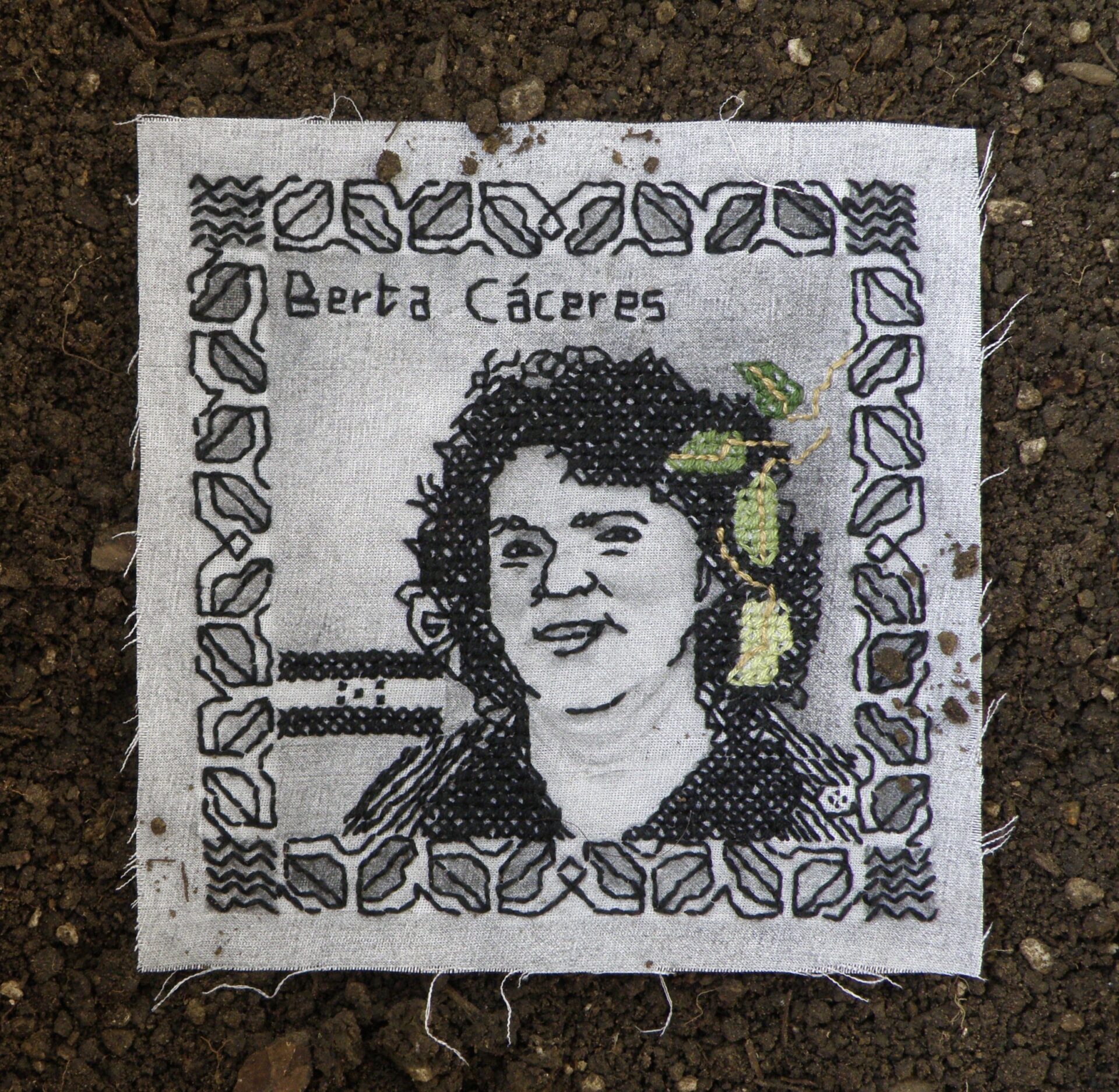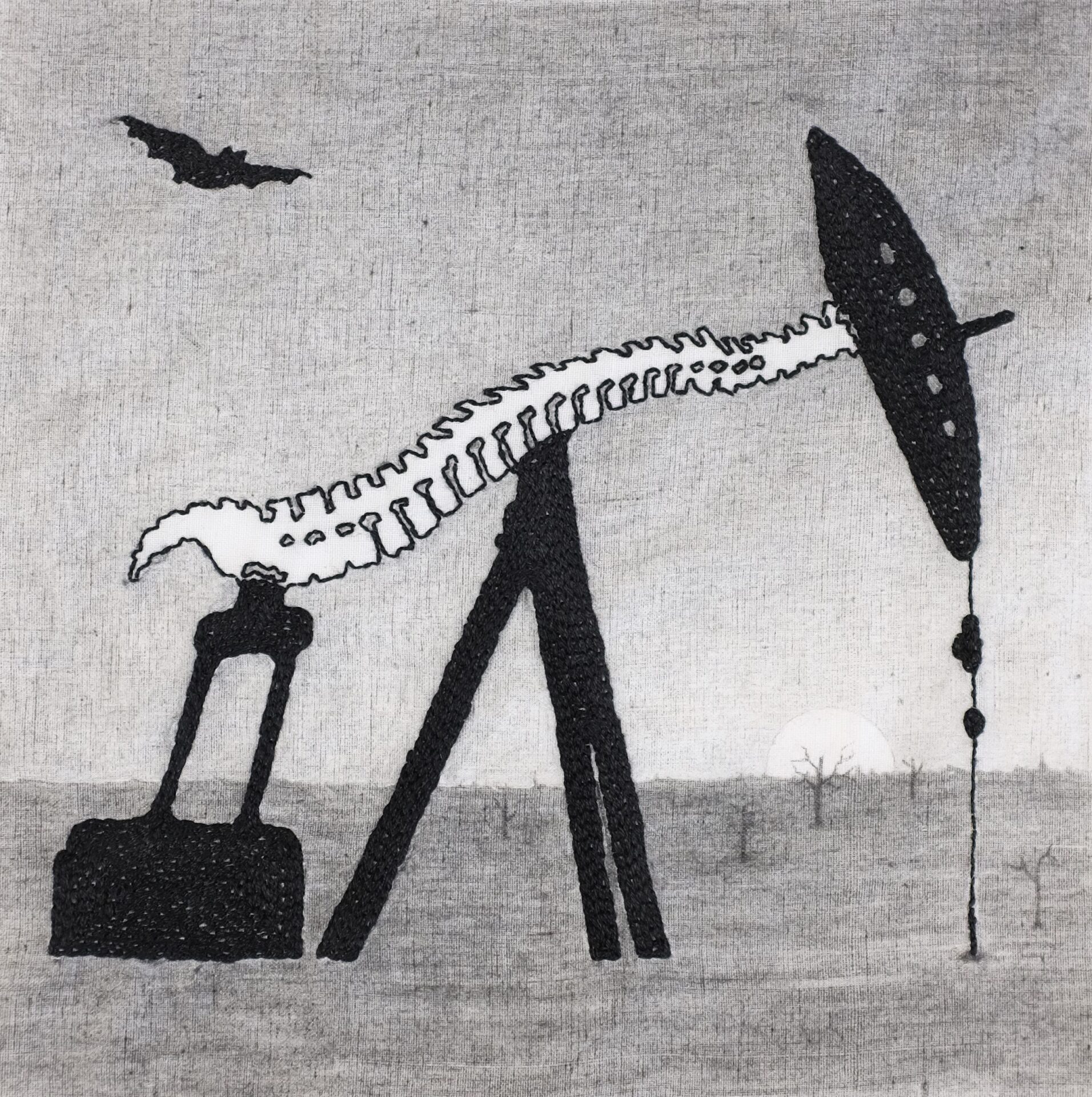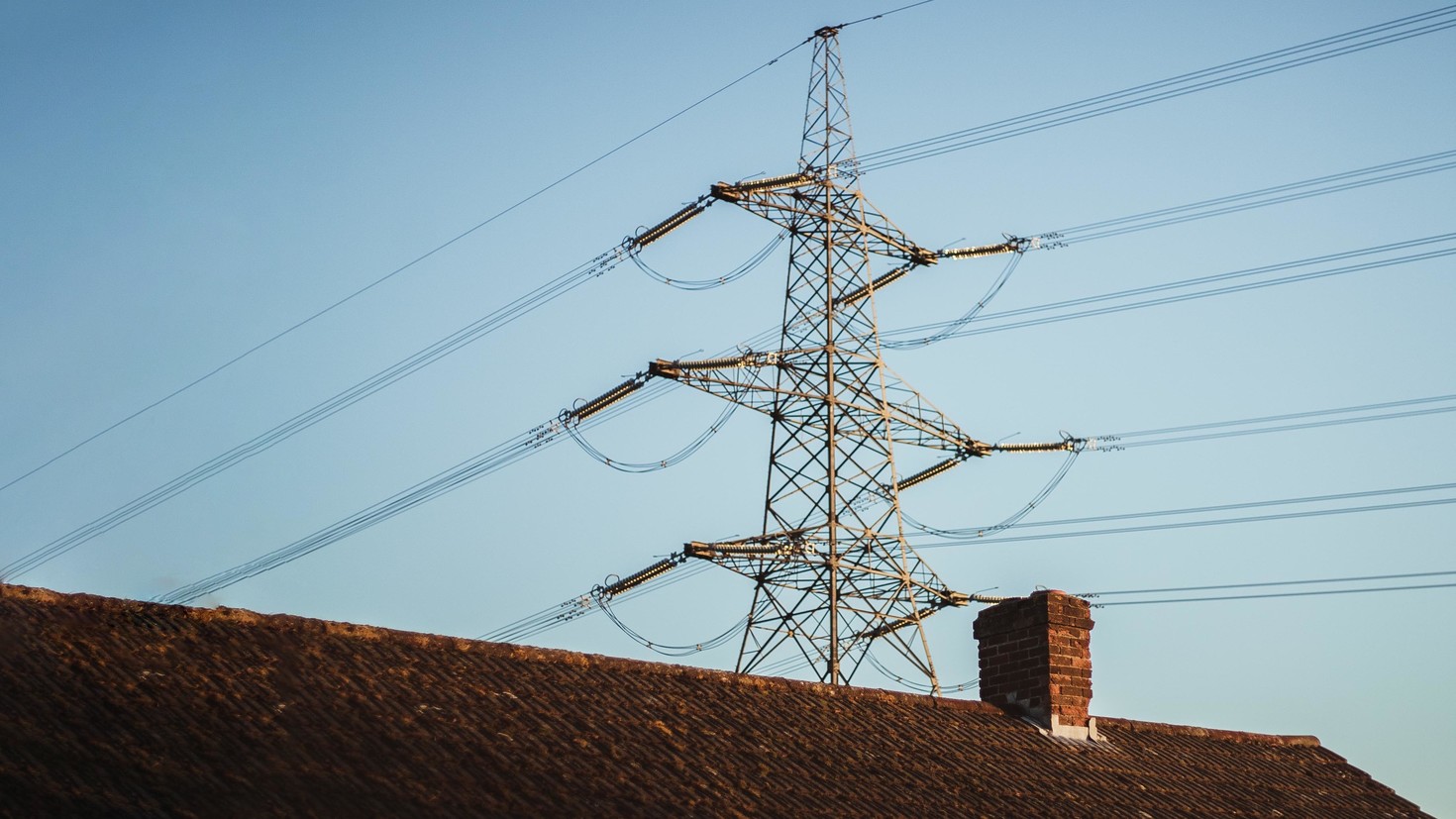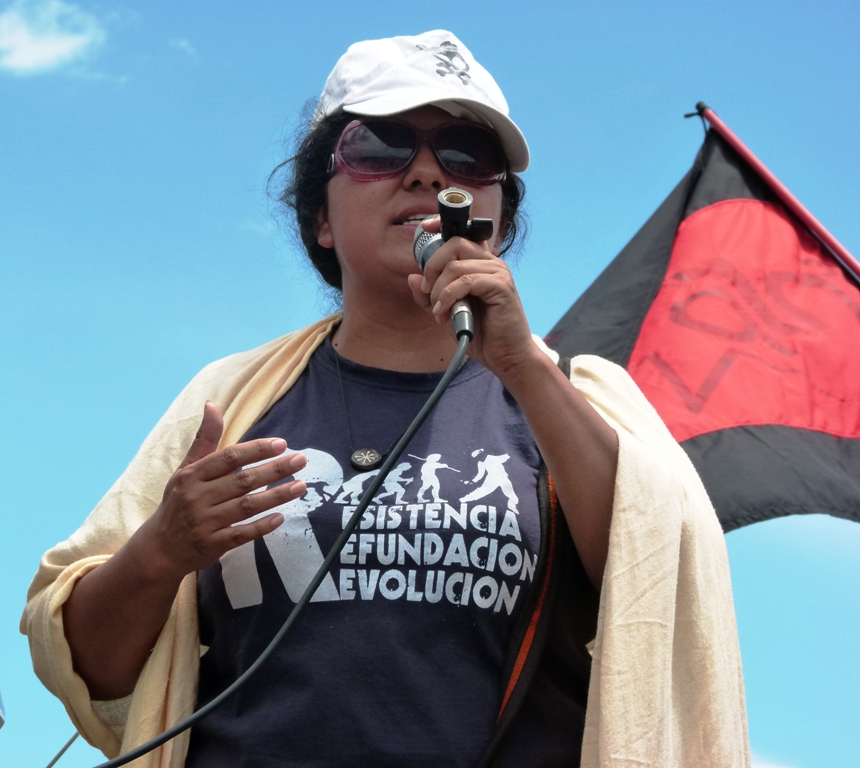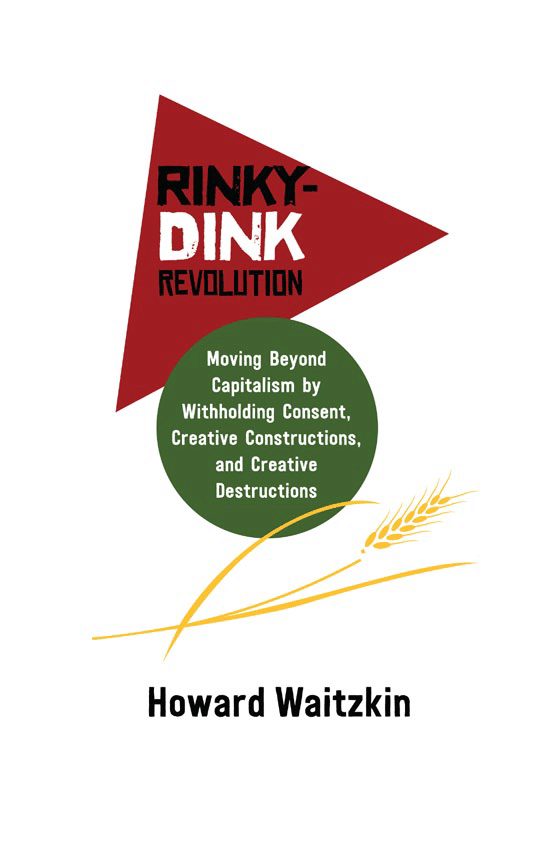Topic: Less of What We Don’t Need
-

A Dark Earth Day
A Dark Earth Day The ‘New Deal’ part of the Green New Deal is mostly good and necessary. But the ‘Green’ part has a big hole at its center: the lack of a direct mechanism to rapidly reduce the use of fossil fuels in the economy; therefore, it cannot guarantee their elimination on a crash deadline.…
-

Earth Abuse, Greenhouse Warming, and the Next Pandemic
Humanity’s transgression of ecological limits has caused widespread damage, including a climate emergency, catastrophic loss of biodiversity, and extensive degradation of soils around the world. Earth abuse is also at the root of the Covid-19 pandemic and the grim possibility that new pathogens will continue to emerge from other animal species to infect humans. Right:…
-

Basic needs, electrified: What we expect from electricity
Dear Ecologists, Once energy became abundantly available, the way we humans think about our daily lives changed radically. Electric appliances freed us from heating our homes, building fires to cook, sewing and washing clothes. For more than a century, we in the developed world have considered electricity a basic necessity—just like food, water and shelter.…
-
How we manufacture silicon: computers’ crucial ingredient not found in nature
Dear Ecologists, Could we discuss silicon, that substance on which our digital world depends? [1] Silicon is a semiconductor, and tiny electronic switches called transistors are made from it. Like brain cells, transistors control the flow of information in a computer’s integrated circuits. Transistors store memory, amplify sound, transmit and receive data, run apps and…
-
Will the Race for Electric Vehicles Endanger the World’s Most Sensitive Ecosystem?
—
by
A 2019 study by the Institute for Sustainable Futures at the University of Technology Sydney found that demand for lithium could exceed supply by next year, which would drive up prices and interest in more lithium mining. Demand for cobalt and nickel, also key battery components, will exceed production in less than a decade. “Cobalt…
-

From the Murder of Berta Cáceres to Dam Disaster in Uttarakhand
July 4, 2011 photo by Roger D. Harris shows Berta Cáceres b the US military base of Palmerola in Honduras. March 2, 2021 was the five year anniversary of the murder of Berta Cáceres, who opposed the Agua Zarca dam in Honduras. That date was less than one…
-
Friendly fire in the war on climate change
—
by
Mann singles out Kevin Anderson, a British-based climate scientist, who gave up flying about fifteen years ago, as having been taken in by the deflectors. In actual fact, Anderson maintains that individual actions may serve as the catalyst for deeper systemic changes which would contribute to climate change mitigation. Is Mann himself, as a privileged…
-

Is This Revolution Truly Rinky-Dink?
During the late 60s, when the US war on Viet Nam was going strong and people were questioning capitalism, I drove from Eugene to Berkeley where my sister was living. I ran into folks who invited me to a discussion about starting a commune. There, everyone talked about dropping out of consumer society and buying…
-
How Che Guevara Taught Cuba to Confront COVID-19
La Colonia de San Pablo, Peru Beginning in December 1951, Ernesto “Che” Guevara took a nine-month break from medical school to travel by motorcycle through Argentina, Chile, Peru, Colombia, and Venezuela. One of his goals was gaining practical experience with leprosy. On the night of his twenty-fourth birthday, Che was at La Colonia de San…
-
Cuba: From AIDS, Dengue, and Ebola to COVID-19
Preparing for a pandemic requires understanding that a change in the relationship between people is primary and the production of things is secondary and flows from social factors. Investors in profit-based medicine cannot comprehend this concept. Nothing could exemplify it more clearly than Cuba’s response to the corona virus (COVID-19). The US dawdled for months…

